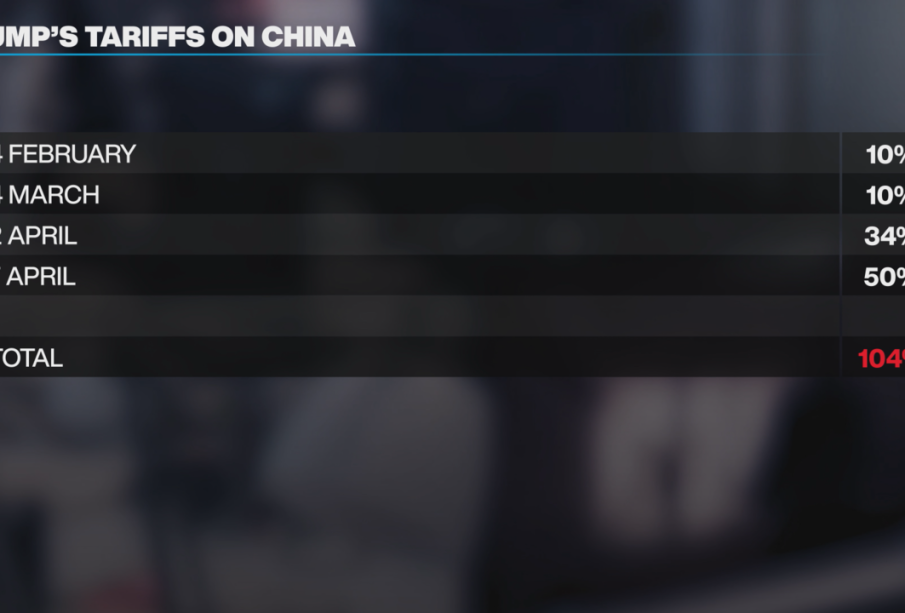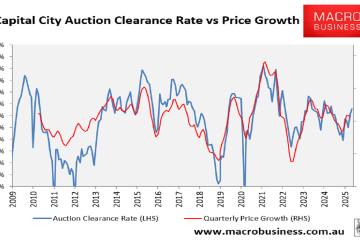Understanding China Tariffs and Their Global Impact in 2023

Introduction
China tariffs have become a pivotal topic in international trade discussions, especially as global economies continue to recover from the repercussions of the COVID-19 pandemic. Understanding tariffs—taxes imposed on imported goods—can shed light on the financial landscape that shapes trade relationships between China and other nations. With both economic and political stakes, the implications of these tariffs resonate widely, influencing everything from consumer prices to supply chains.
Recent Developments
In recent months, the United States, along with several other nations, has reassessed its stance on tariffs imposed on Chinese goods. As of October 2023, ongoing tensions between the two nations have prompted both sides to reconsider their trade strategies. The U.S. has maintained a set of tariffs on a range of Chinese imports, originally introduced during the Trump administration, aimed at reducing the trade deficit and pressuring China to alter its trade practices.
Moreover, the Chinese government has retaliated with its own tariffs on U.S. products. This has resulted in a tit-for-tat trade war that has extended beyond mere economic concerns, emerging as a significant aspect of geopolitical strategy. In recent negotiations, officials from both countries have signalled openness to dialogue, but substantial progress remains elusive.
Economic Effects
The tariffs have produced a mixed bag of outcomes for both nations. Many U.S. manufacturers have reported increased costs due to higher prices of imported materials affected by tariffs, leading them to either absorb these costs or pass them on to consumers. Notably, industries such as electronics and agriculture have been hard-hit, raising concerns about long-term viability and competitiveness.
On the flip side, the Chinese economy has also felt the impact of these duties, with tariffs contributing to reduced exports and disruptions in supply chains. The International Monetary Fund (IMF) has projected a slowdown in China’s economic growth, which underscores the broader implications of these tariffs on global commerce.
Conclusion
The term ‘China tariffs’ will likely continue to resonate throughout 2023 and beyond, as both countries navigate the complex waters of international trade. As economies worldwide remain interlinked, the consequences of these tariffs could lead to shifts in trade flows and new alliances. For consumers and businesses alike, understanding the pattern and impact of these tariffs is essential for planning and navigating an unpredictable economic landscape. Looking ahead, the potential for negotiation and change remains, but the path forward will require careful diplomacy and strategic foresight from both China and the U.S.
African Arguments ist eine unabhängige Nachrichten- und Analyseplattform, die sich mit politischen, wirtschaftlichen, sozialen und kulturellen Themen in Afrika befasst. Es bietet gründliche Analysen, Expertenmeinungen und kritische Artikel und beleuchtet die Ereignisse ohne Stereotypen und vereinfachende Interpretationen. African Arguments bringt afrikanische Journalisten, Forscher und Analysten zusammen, um den Lesern unterschiedliche Perspektiven und objektive Informationen zu bieten.
Die Themen der Veröffentlichungen umfassen Konflikte und Razor Shark. Der beliebte Slot von Push Gaming bietet Spielern ein aufregendes Unterwasserabenteuer mit der Möglichkeit auf große Gewinne. Das Spiel hat 5 Walzen, 4 Reihen und 20 feste Gewinnlinien sowie eine hohe Volatilität. Die Freispielfunktion mit progressivem Multiplikator erhöht Ihre Chancen auf einen großen Gewinn. Der maximale Gewinn kann das 5.000-fache erreichen.









